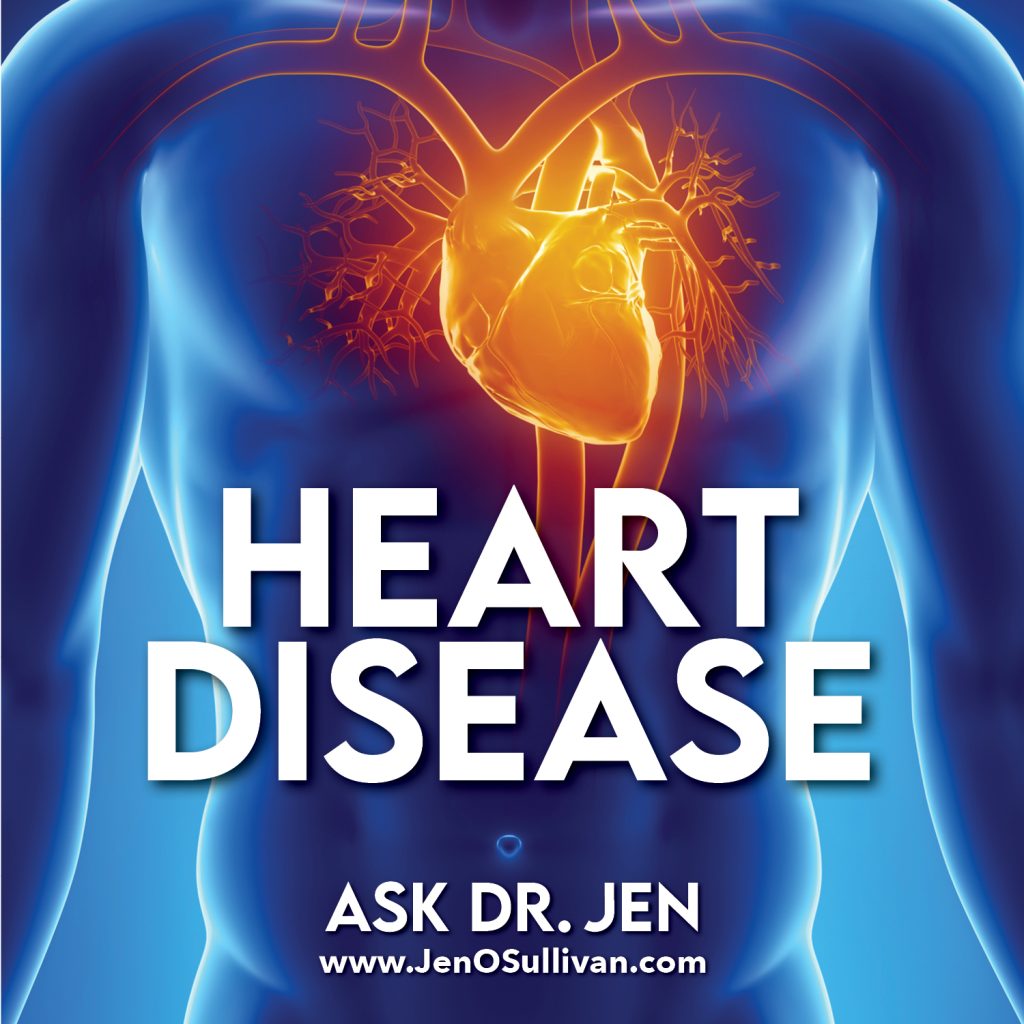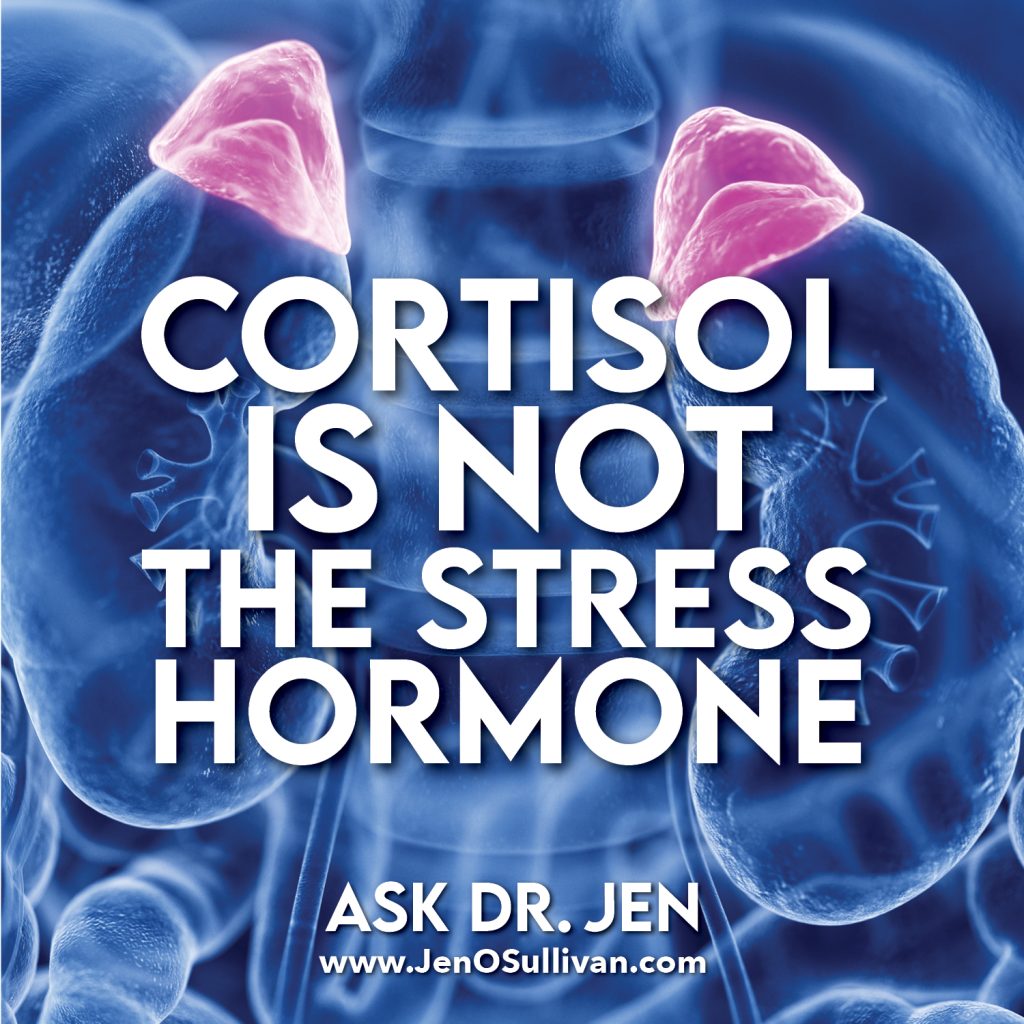
By Jen O’Sullivan, BCND
Even with many advancements in diagnostics and medical care, heart disease continues to be the number one cause of death – responsible for one third of deaths globally.
According to the Centers for Disease Control and Prevention (CDC), “Leading risk factors for heart disease and stroke are high blood pressure, high low-density lipoprotein (LDL) cholesterol, diabetes, smoking and secondhand smoke exposure, obesity, unhealthy diet, and physical inactivity.”
To identify potential weaknesses in the cardiovascular system, start by checking your comprehensive metabolic panel along with discussing your particular symptoms with your holistic practitioner to confirm areas of weakness.
Your practitioner should work with you to help improve and strengthen your cardiovascular system and thereby help reduce your risk of developing heart disease. They should educate you on the importance of lifestyle changes as it pertains to improving your health foundations.
Specific foundations I encourage my clients who have heart support needs is the following:
- limit or remove all processed sugar
- increase healthy fats
- add garlic and fennel to their daily nutrition plan
- include sweat-inducing exercise 3-5 days per week
- get 7-8 hours of sleep per night
- stay hydrated by drinking half their body weight in ounces (4-5 ounces every 30 minutes)
- consider supplements such as CoQ10, turmeric, omegas, and digestive enzymes

